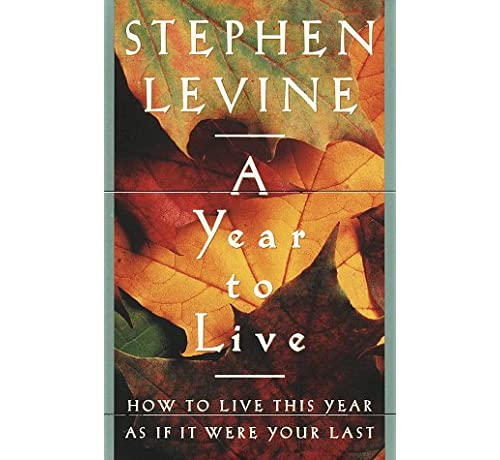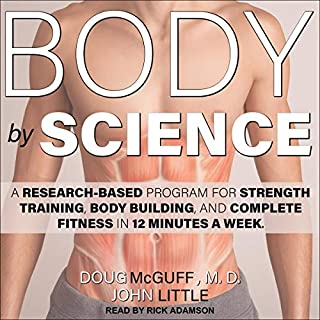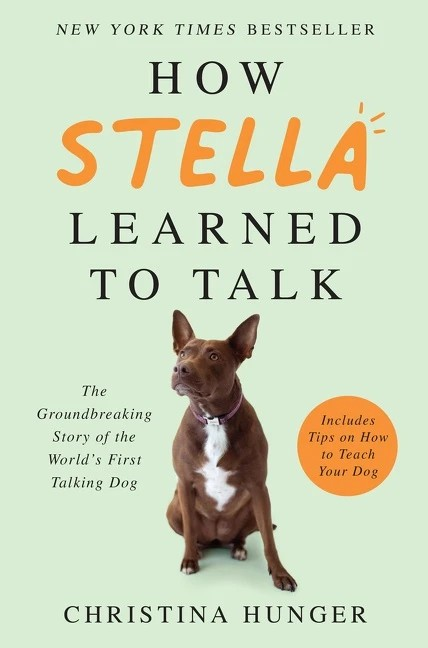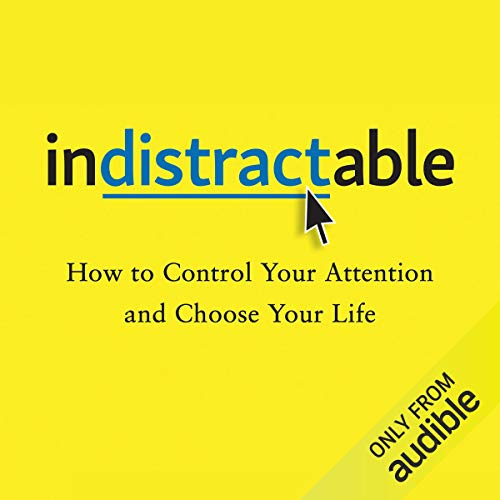What are you reading now?
-
@george-k said in What are you reading now?:

Audio version or book? I was planning on getting the audio for listening during vacation. If that ever happens.
-
@george-k said in What are you reading now?:

Audio version or book? I was planning on getting the audio for listening during vacation. If that ever happens.
@bachophile said in What are you reading now?:
Audio version
Yeah. That's what I'm doing. It's a short book - about 5 hours, so you might want to get something else as well.
-
I'm also going through the short stories in Alastair Reynolds' Revelation Space universe. They're quick little reads and do a lot to fill in the background of the larger books.
Reynolds has done a remarkable job of world-building. The stories are intricate, intertwined and span centuries, frequently within the same book. He doesn't allow magical FTL travel, and he actually has an explanation for the Fermi paradox.
Looking forward to his next book (Inhibitor Phase) coming out in July.
-
To Whom It May Concern:
There are occasional convos here about college admissions. I'm posting this for those who may want to pursue the topic.
https://www.amazon.com/dp/B07Z43V2RY?
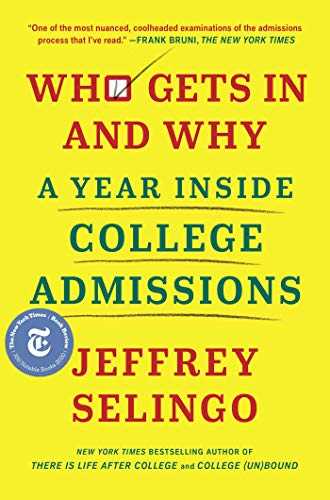
-
Evangelizing Alastair Reynolds "Revelation Space" books - again.
Having gone through all of the RS books (and, believe me, they're LONG and complicated), I decided to re-read the short stories that flesh out some of the stuff in his books.
Having done that, I thought it might be fun to re-read "The Prefect" (or, as he renamed it, "Aurora Rising"). It's set before the events of the main trilogy which he published first.
What a great tale.
In terms of complexity and world-building, it is, IMO, on the order of Dune. The re-read adds SO much to the understanding of what's going on.
Highly, highly recommended. This is hard, HARD, sci-fi, however. It's intricate, complex and demands your total immersion.
Also, these are long books - 500-600 pages each. Totally worth the effort.
-
-
-
@george-k said in What are you reading now?:
@loki is this a new Larson?
I think 2020. It’s amazing. I have read so much Churchill but am learning more. Mostly what makes it so good is that you have a fiction writer take on non fiction and you just don’t want to put it down… even though you know the ending.
-
@george-k said in What are you reading now?:
@loki is this a new Larson?
I think 2020. It’s amazing. I have read so much Churchill but am learning more. Mostly what makes it so good is that you have a fiction writer take on non fiction and you just don’t want to put it down… even though you know the ending.
@loki I have read some of his other books and they were really good.
-
I wouldn’t call Larson a fiction writer. He writes almost exclusively non fiction.
-
People have been preaching for decades that "Calories in = Calories out."
Fung puts lie to that mantra. It's a very complicated picture and it's not only what you eat, but what you absorb (your gut bacteria have a lot to do with that), but your absorption, once it happens is regulated by hormonal factors.
Ghrelin is the mind-killer.
@george-k said in What are you reading now?:
People have been preaching for decades that "Calories in = Calories out."
Fung puts lie to that mantra. It's a very complicated picture and it's not only what you eat, but what you absorb (your gut bacteria have a lot to do with that), but your absorption, once it happens is regulated by hormonal factors.
Ghrelin is the mind-killer.
But where are the studies that confirm his approach to weight loss?
All studies I know of that are conclusive and can be replicated show that, in the big picture, all that matters for weight is whether one eats in a surplus or in a deficit. Want to loose weight? Either eat less calories, or increase calorie expenditure (e.g. by moving more), or both. Macros don't matter much. "Set point" doesn't matter much: If you are in a deficit, you'll loose weight; if you eat in a surplus, you'll gain weight, no matter what the "set point" is. I was overweight for 20 years and then lost 70 pounds. It wasn't easy and it takes a lot of discipline to not get back to my old weight, but I don't give a flying fuck about what my "set point" is. At the end of the day, it's a question of willpower and discipline.
People don't like that picture. They are looking for a scape goat ("it's my genetics" or ...) and for shortcuts. That's why we are so eager to believe in all kinds of alternative realities. But you can't bend the first law of thermodynamics. In a sense, "calories in, calories out" is tautologically true. I know of course that things are more complicated, e.g. calorie expenditure is not independent of calorie intake, base metabolic rate isn't constant and depends on..., ketosis, ... . But what the studies I know of suggest is that these considerations don't have much effect in practice for healthy adults.


